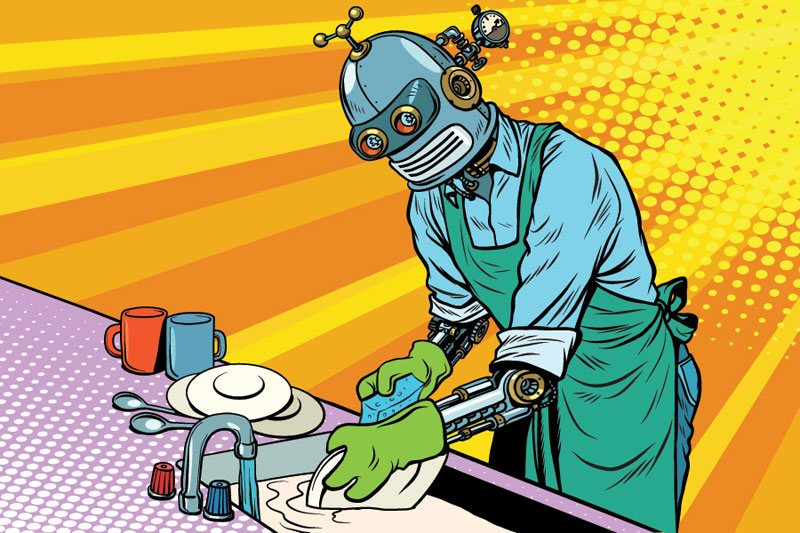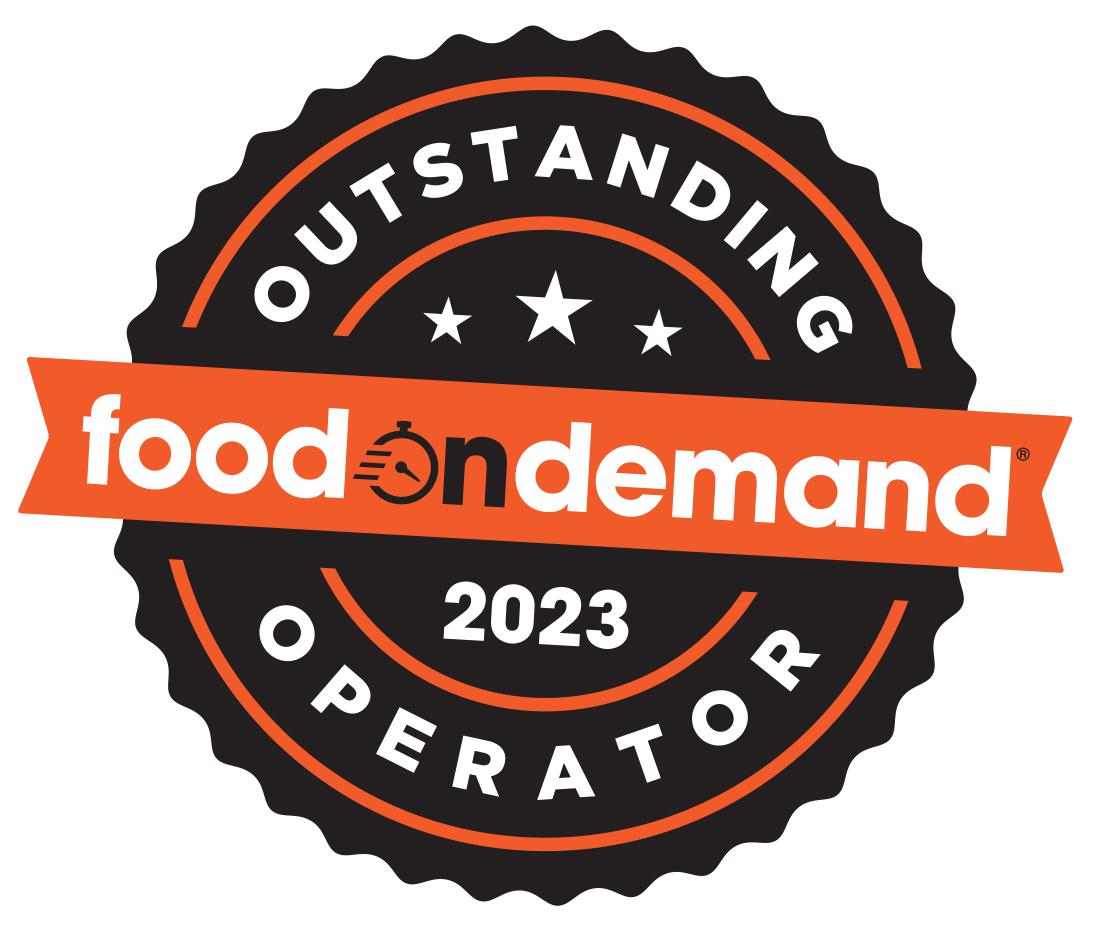Dave Ferguson, one of the co-founders of Nuro, said there’s no “Rosie” in sight yet, but automation companies like his are the first step toward a massively automated future.
Ferguson is one of the cofounders of the automated-delivery vehicle maker that is currently delivering groceries in several test markets. He discussed the big push toward autonomous operations on The Wall Street Journal’s The Future of Everything podcast.
Since falling in love with a “red trashcan-style robot” in college, he’s been all-in on automation. And the company he founded lives by a mission “to accelerate the benefits of robotics for everyday life.” He notes that there’s nothing there about driverless delivery or groceries, but said he’s starting with a hard issue on the long road toward the Jetson’s sassy maid, Rosie.
“Self-diving is one of the most difficult problems to solve, so if you’ve gone though the effort to build out the effort and all the technology for that, it’s almost a shame to not use that technology in other application areas as well,” said Ferguson.
But that is pretty far into the future, the vehicles delivering groceries (and pizzas soon) are just the first step into the home for one big reason: cost.
“Specifically around the home, the reason we haven’t seen general purpose home robots,” said Ferguson. “If you think about all the tasks you do at the home, they’re all generally small.”
Roombas are vacuuming homes across the globe, and dishwashers have been around since the ‘50s, but combining the two with a dusting bot and something to water your plants gets exponentially complex.
“You could probably build a robot to build any one of those, but the cost to build a robot that could do a lot, that would be really high,” said Ferguson. “And that is a very difficult AI and hardware problem.”
And that’s why Nuro has started with automated delivery of goods, specifically not people. Instead of focusing on being the perfect (and difficult) balance between speed and safety, it allows the company to focus on one thing with laser-like intensity.
“One of the reasons we’re excited about goods is we can relax one side of that, we can afford for our vehicles to be a little more conservative,” said Ferguson. “If you’re sitting in one of our vehicles, which we hope nobody ever will do, it would not be an amazing experience.”
The cars don’t speed, they take the utmost care to be safe and also create a safe environment for all other road users. The only thing fast about Nuro is braking.
“Because it doesn’t have passengers, it can focus all its efforts on making the road safer for other road users. One sort of concrete example, one of our mechanical engineers has designed a system to stop our vehicle when driving 35 miles per hour in one to two meters, now if you think about a normal vehicle, it takes 35 to 40 meters to stop,” said Ferguson. “If you have someone inside of the vehicle, you cant really do that, the g-forces associated with doing that could send someone through the windshield, if it’s just eggs, you can do stuff like this.”
He didn’t give a timeline for when Nuro would start work on brining other automation to every day life, but for now, he’ll work on rolling out grocery and pizza delivery.
Listen to the rest of the podcast wherever you tune in or find it here via Google. And if you’re looking to freshen up your pod list, don’t forget to subscribe to the Food On Demand Podcast too.




